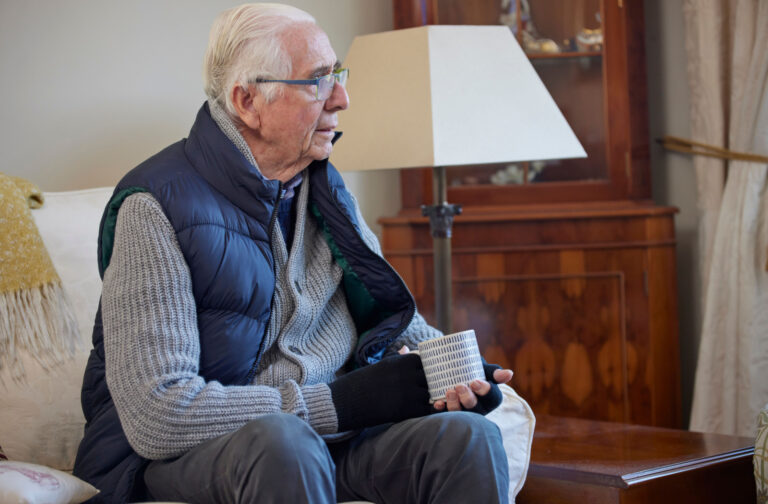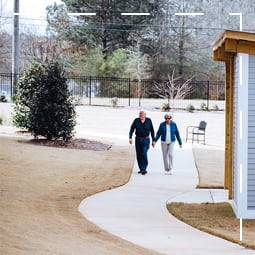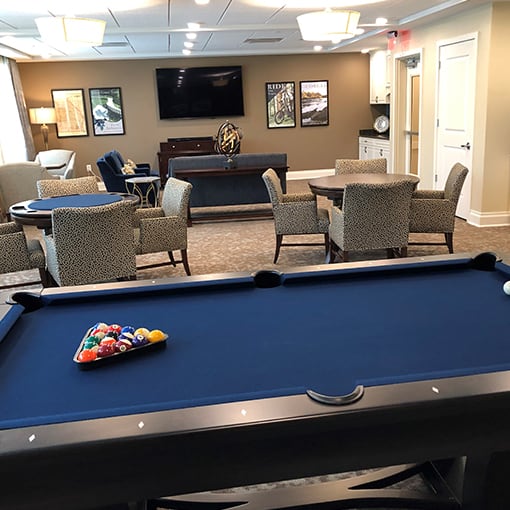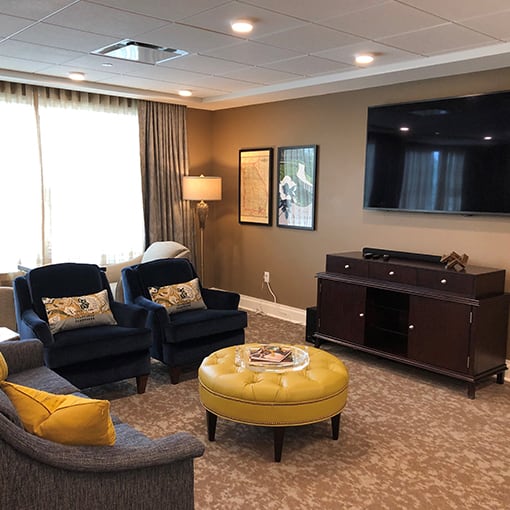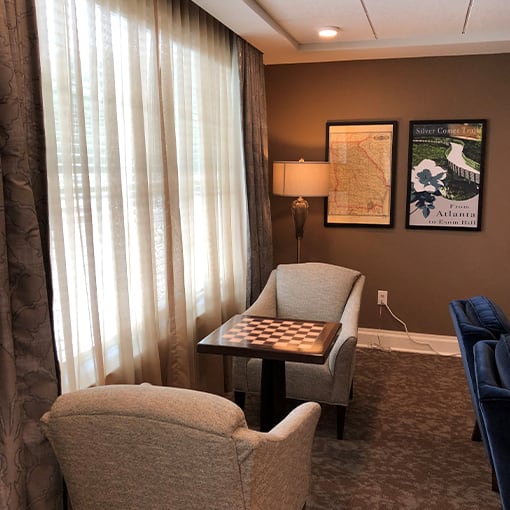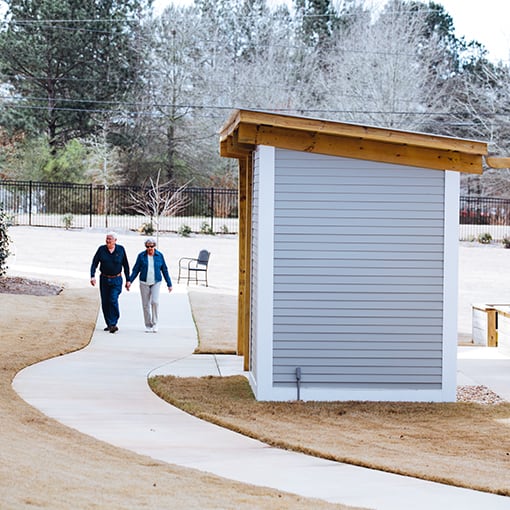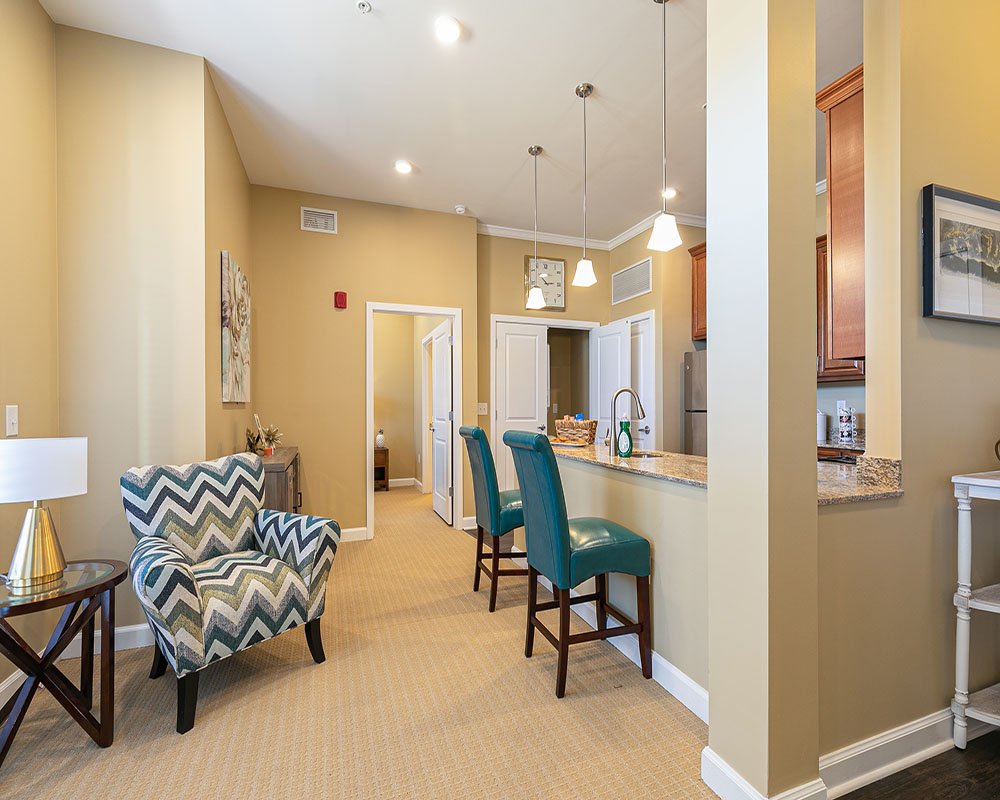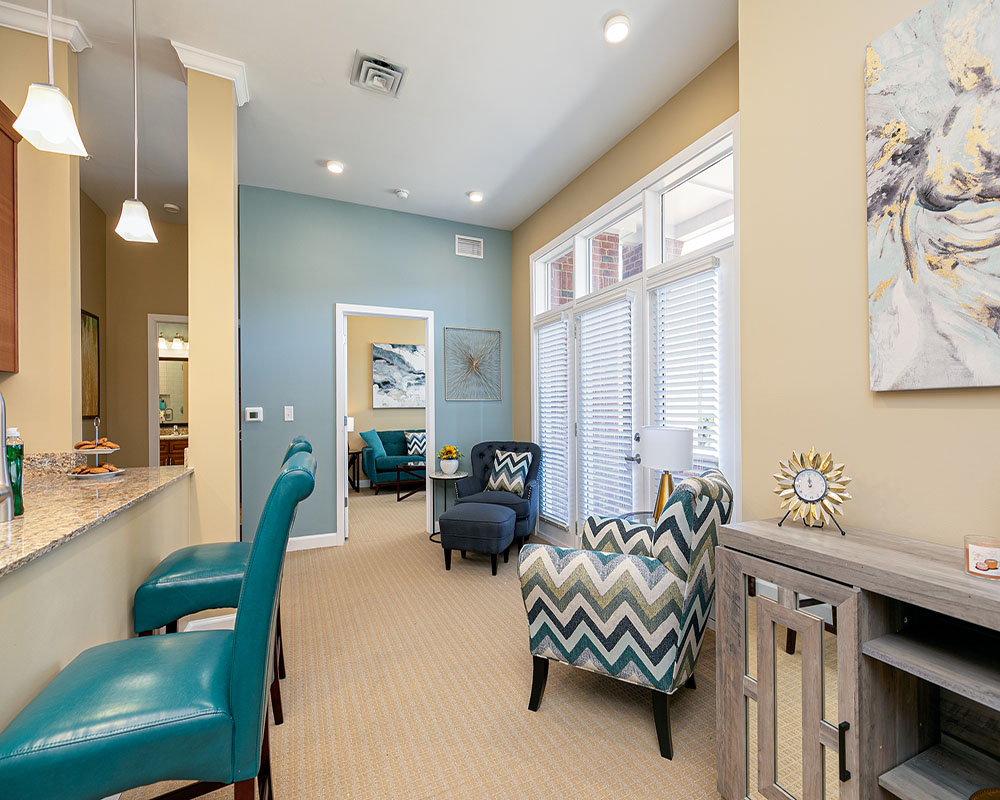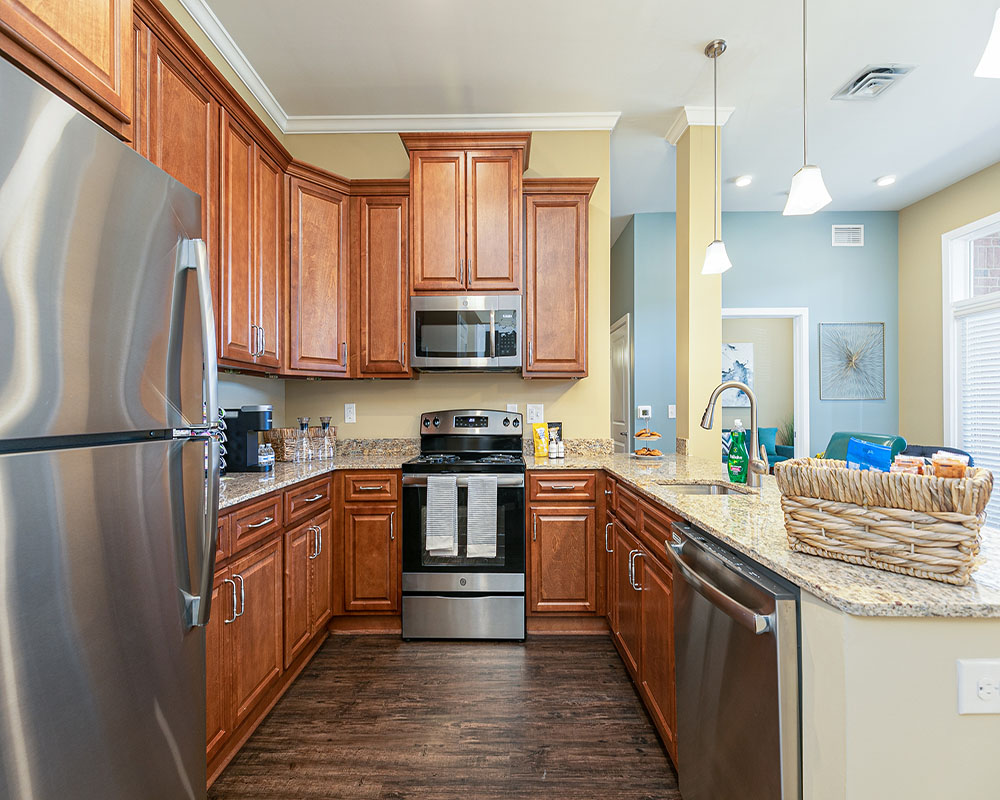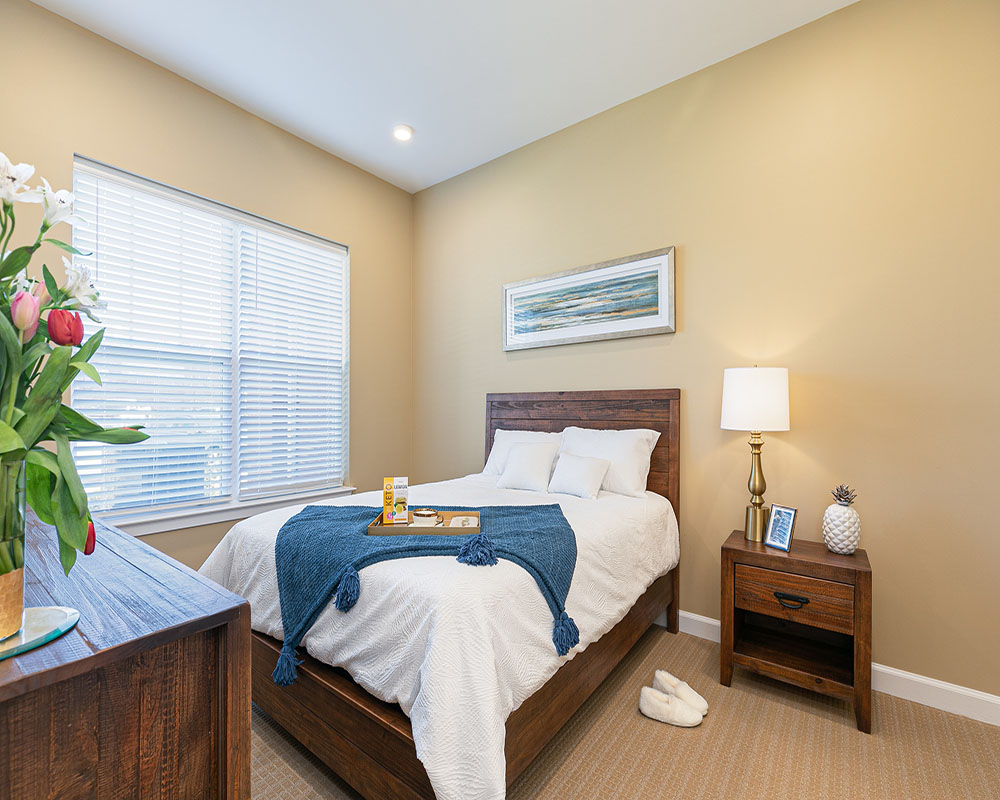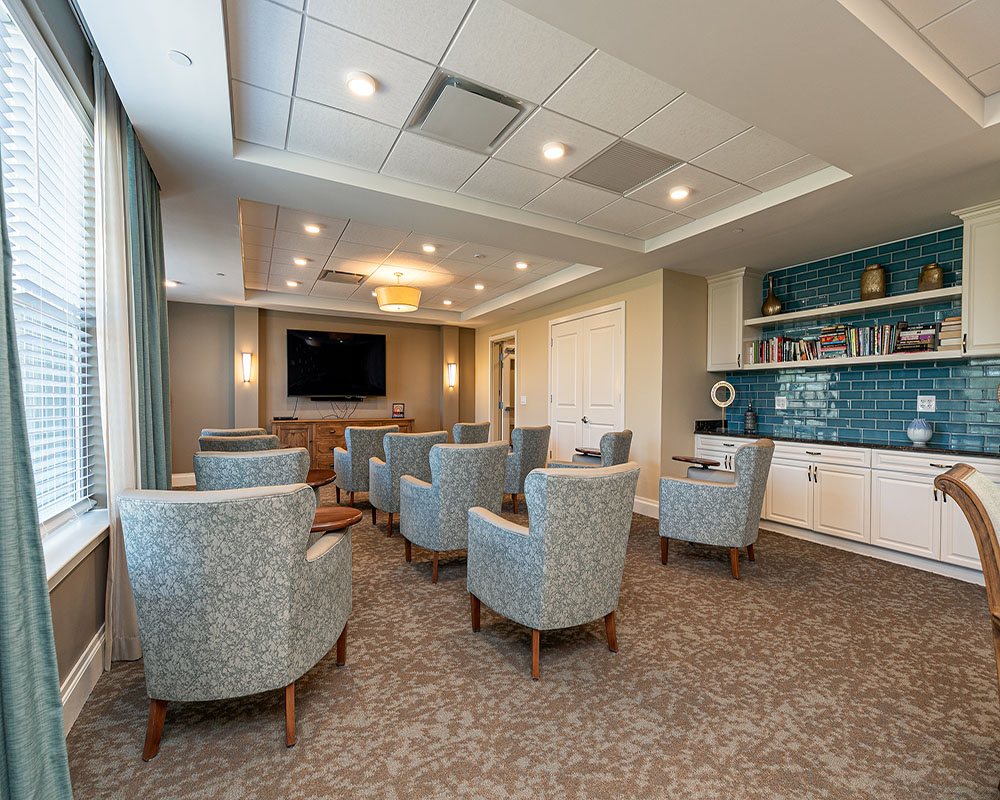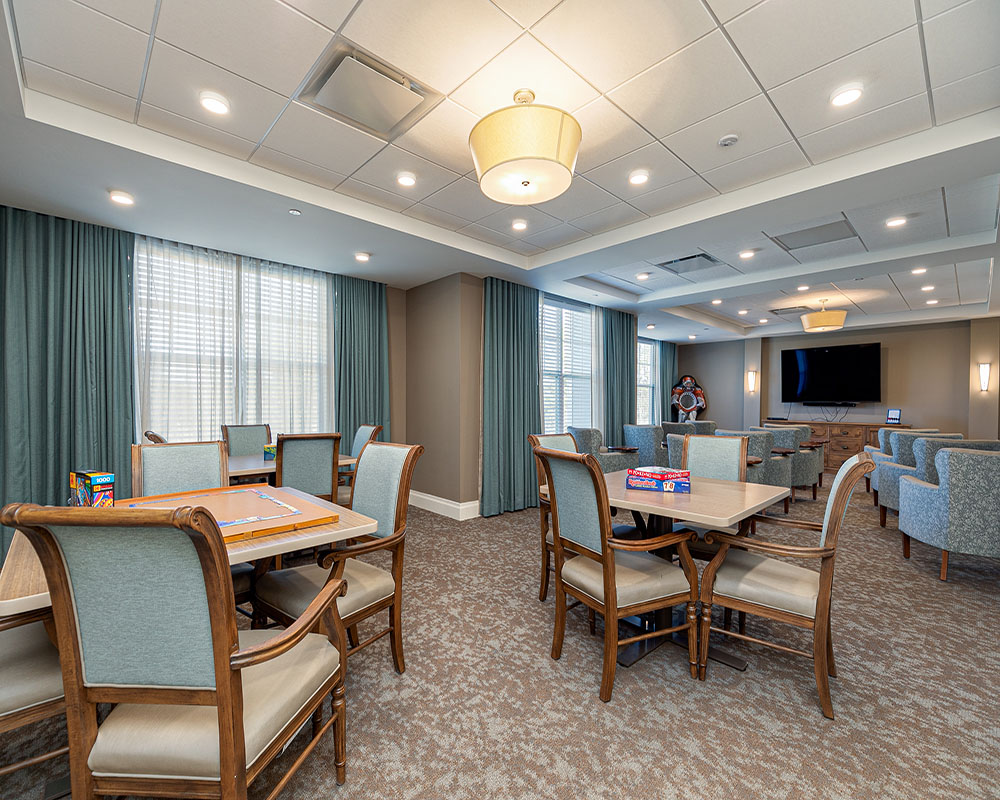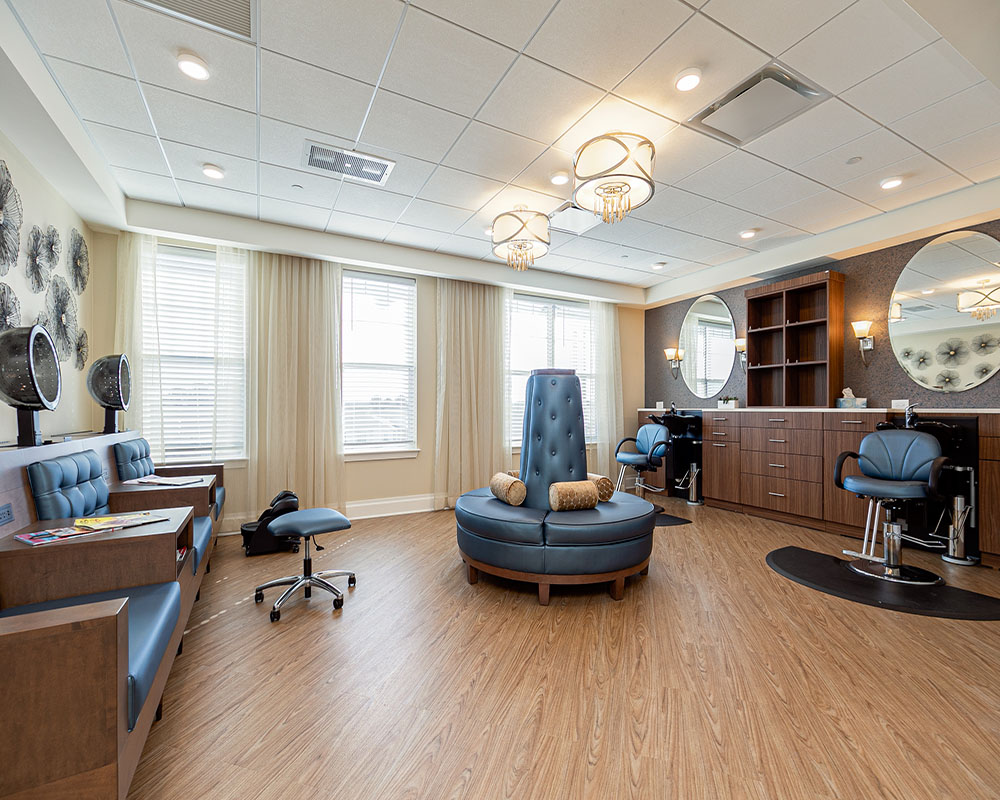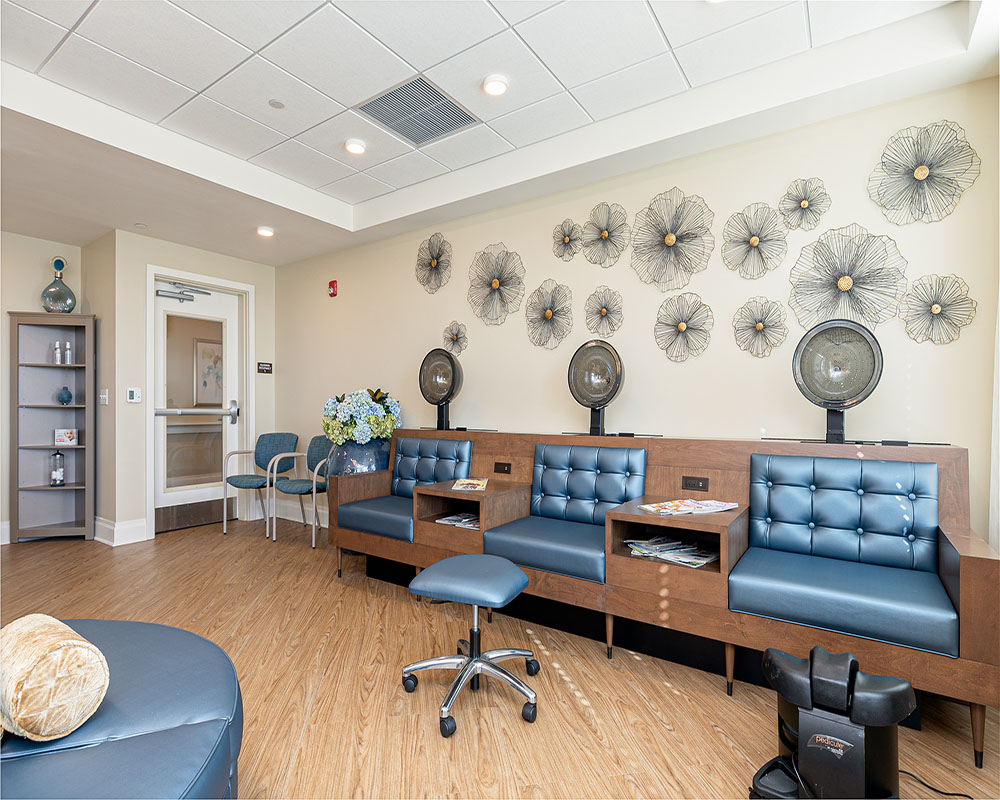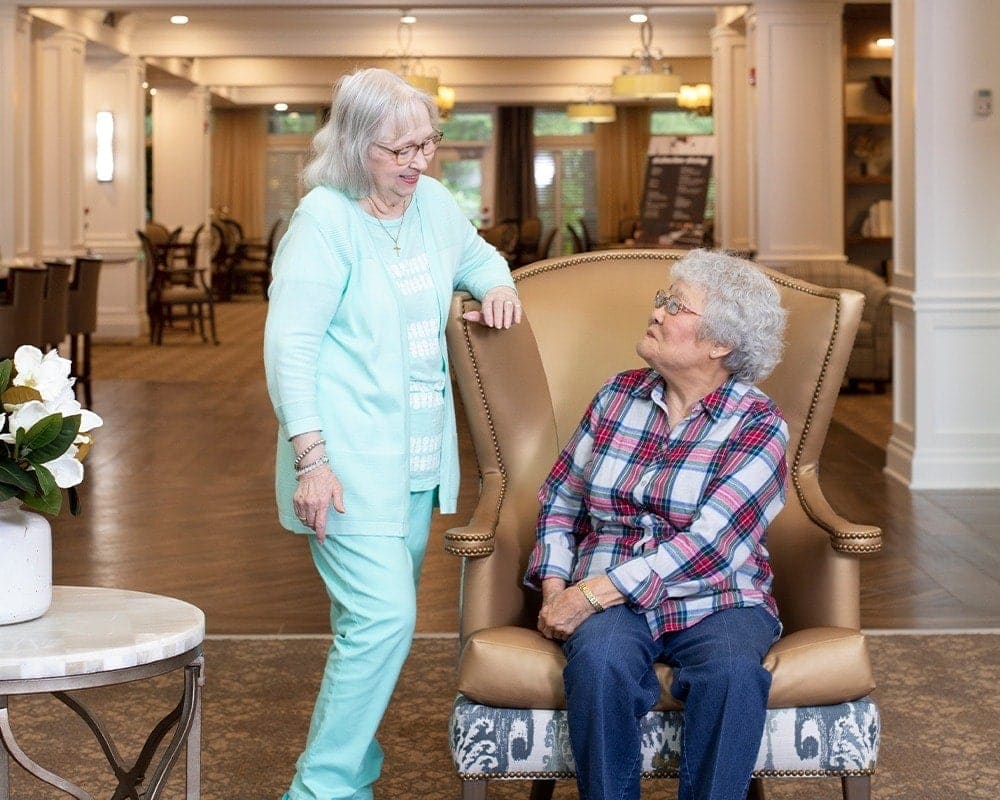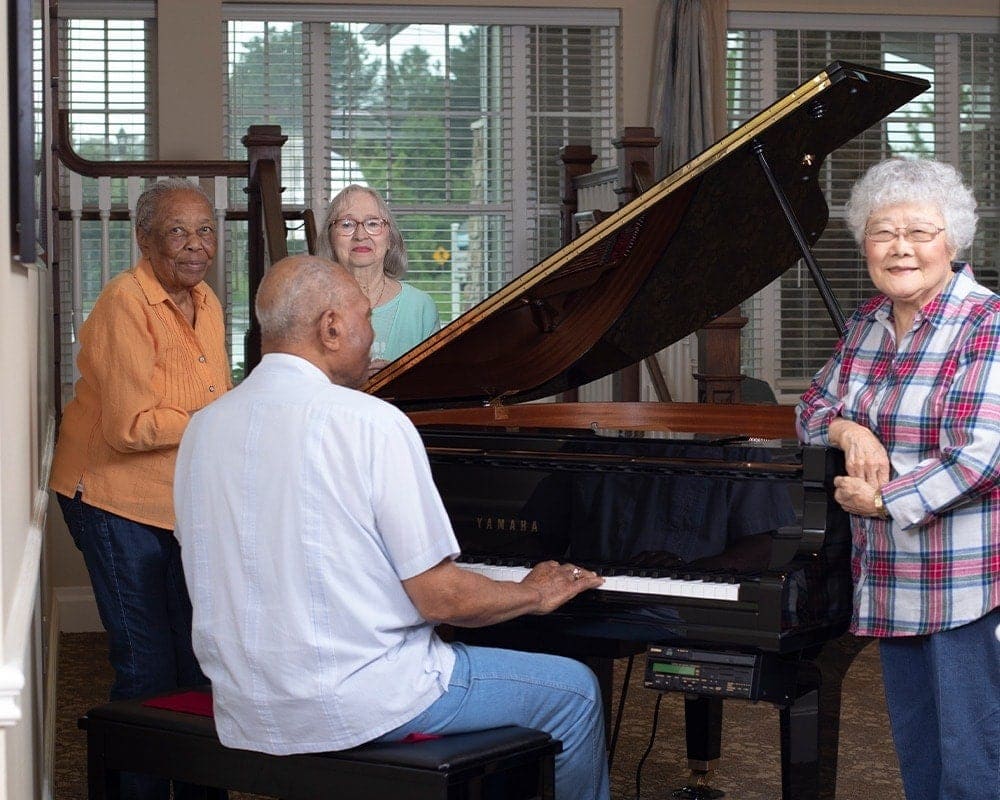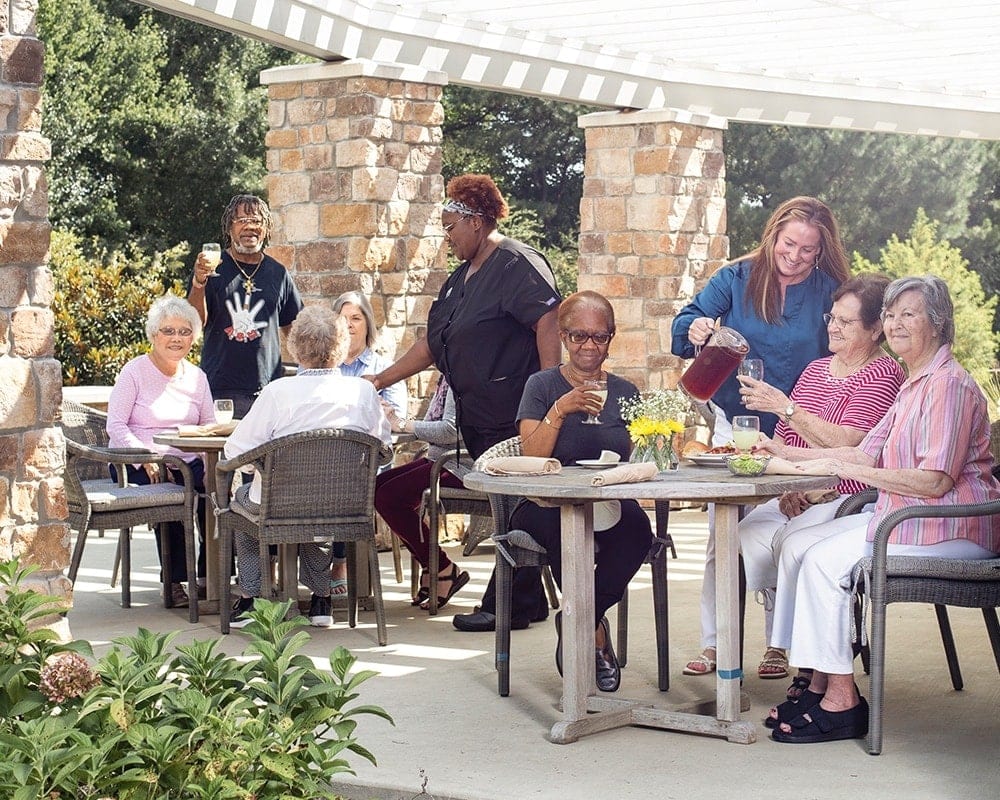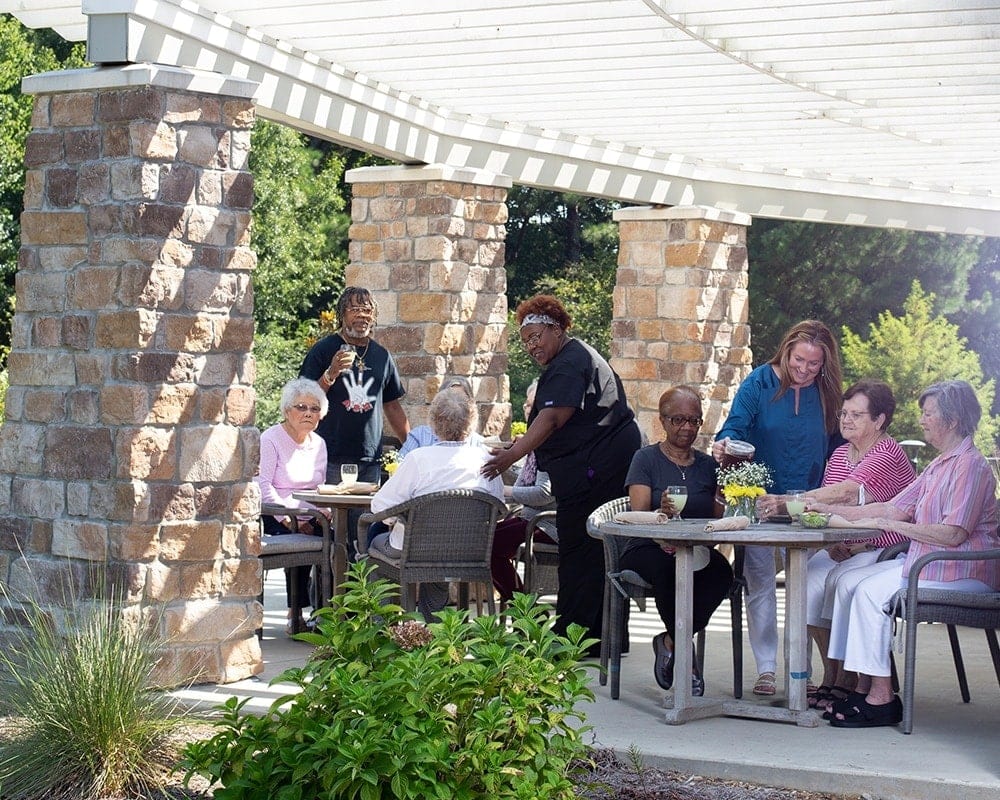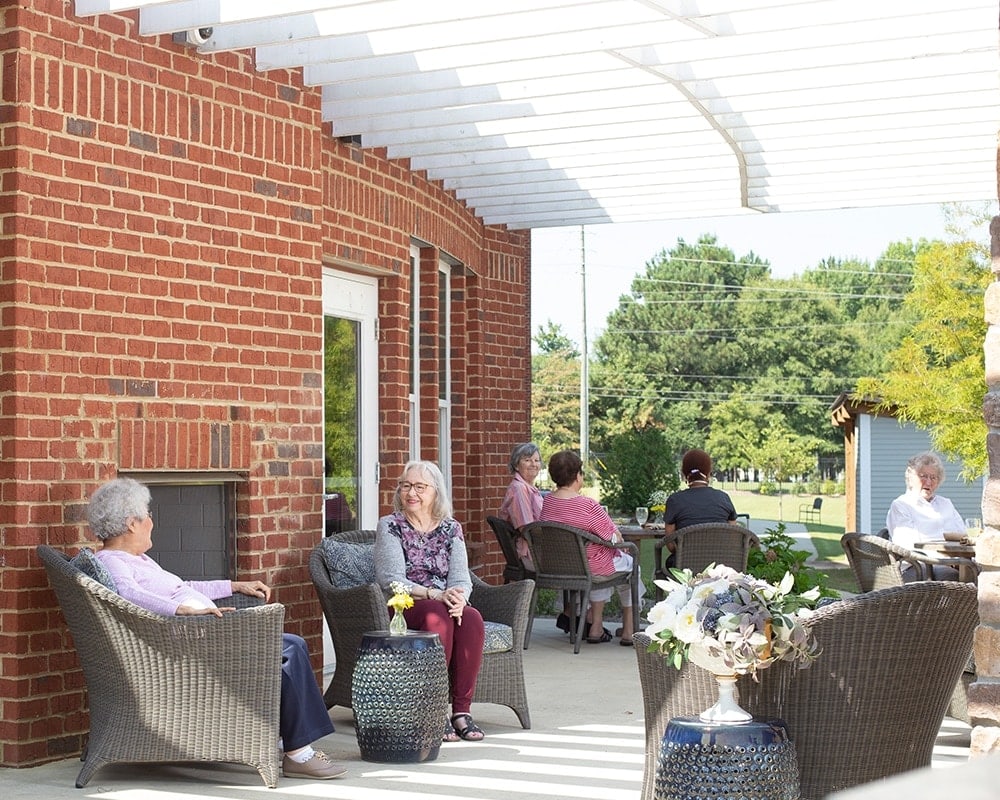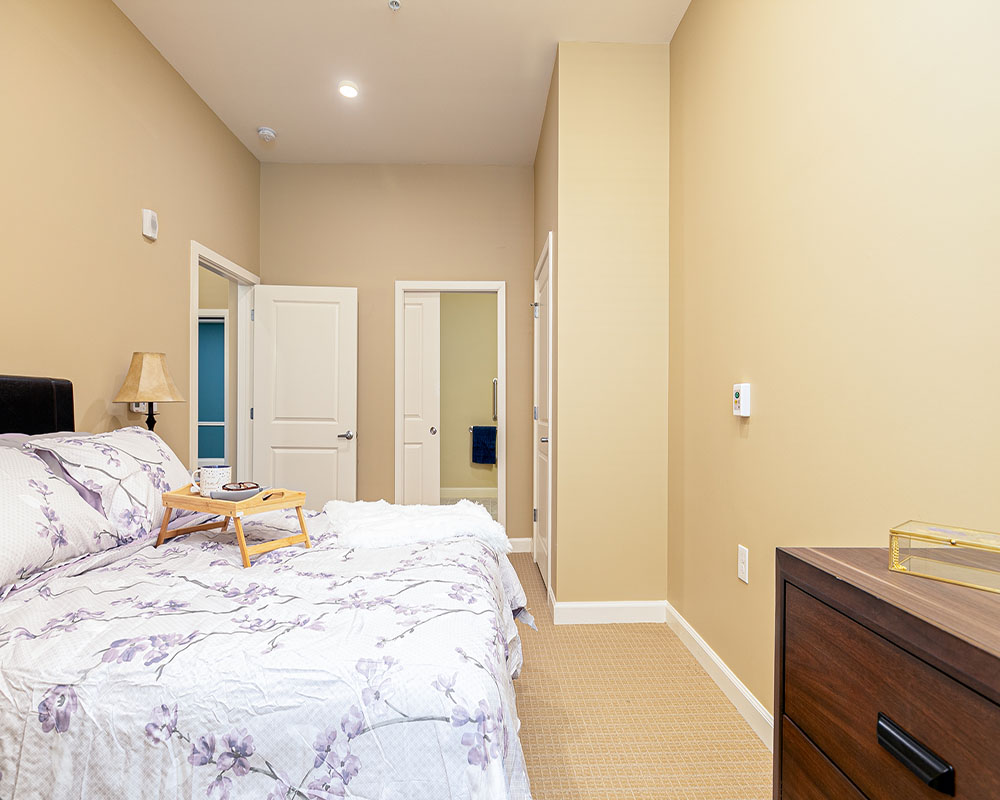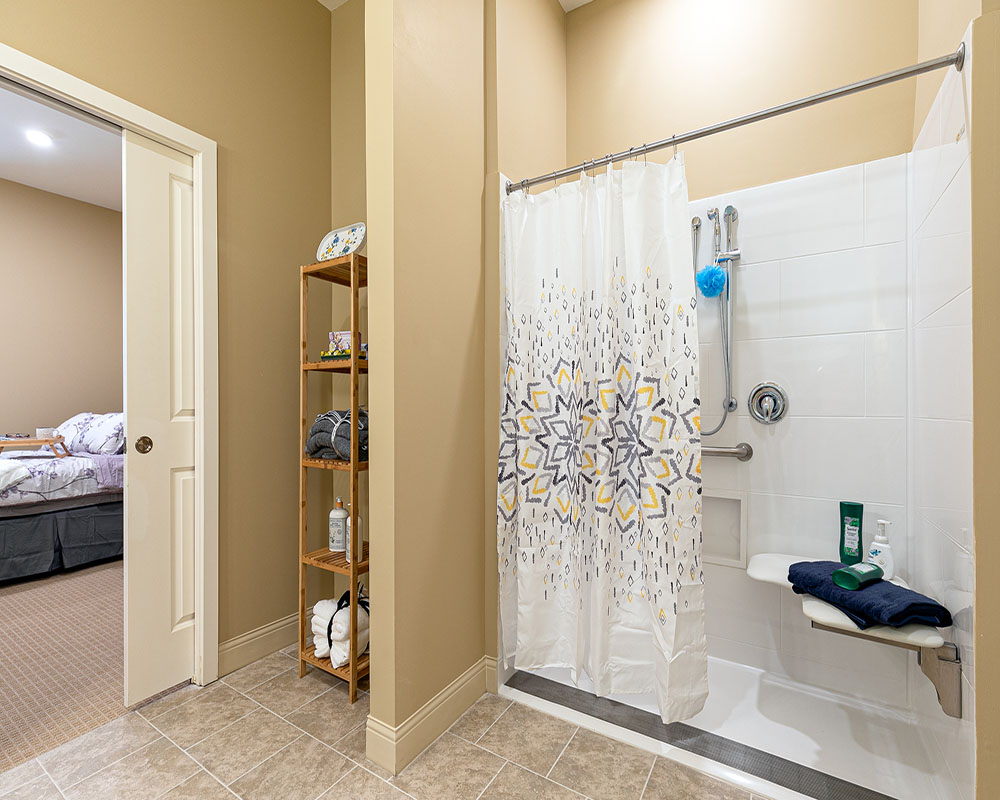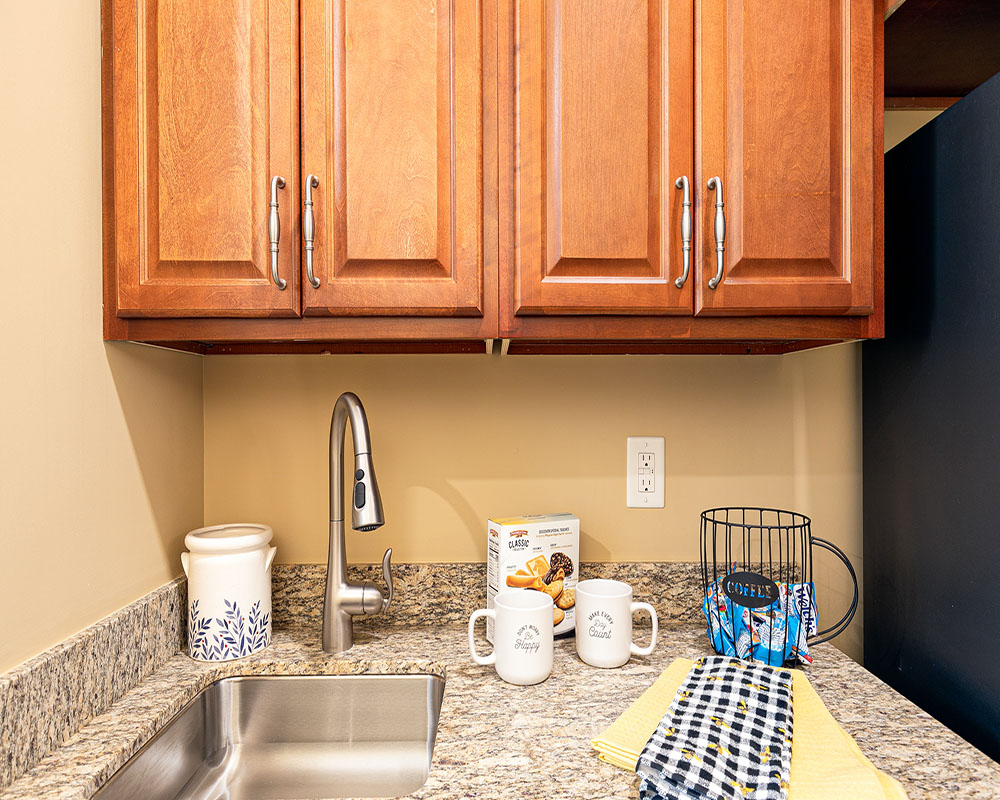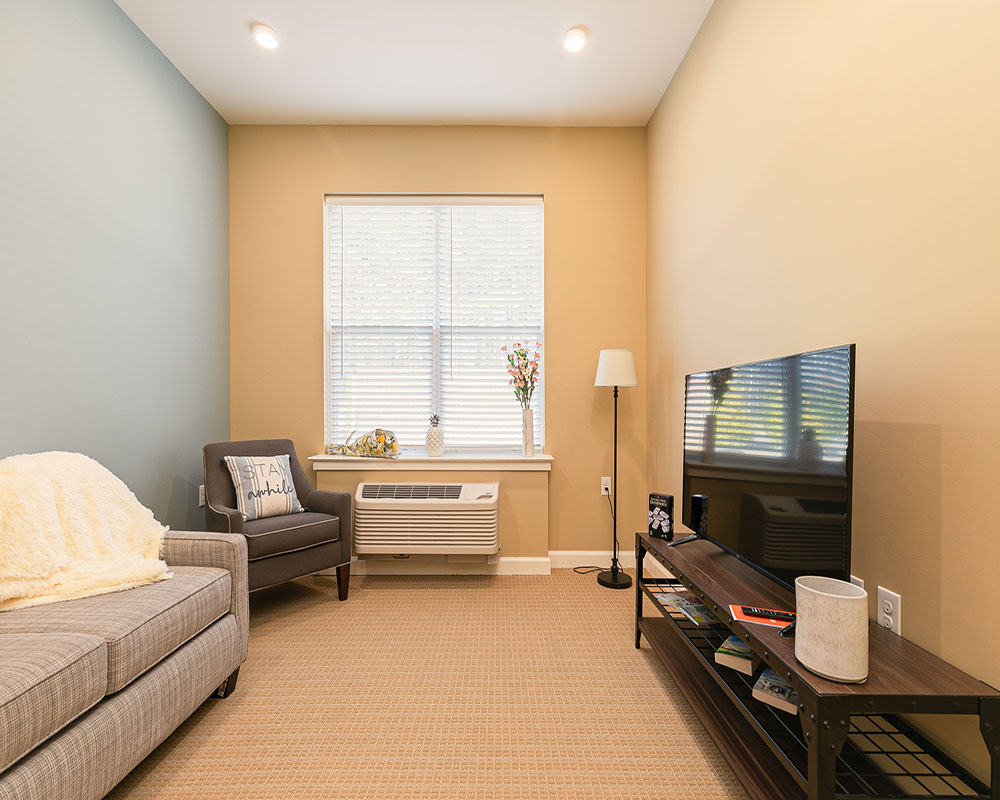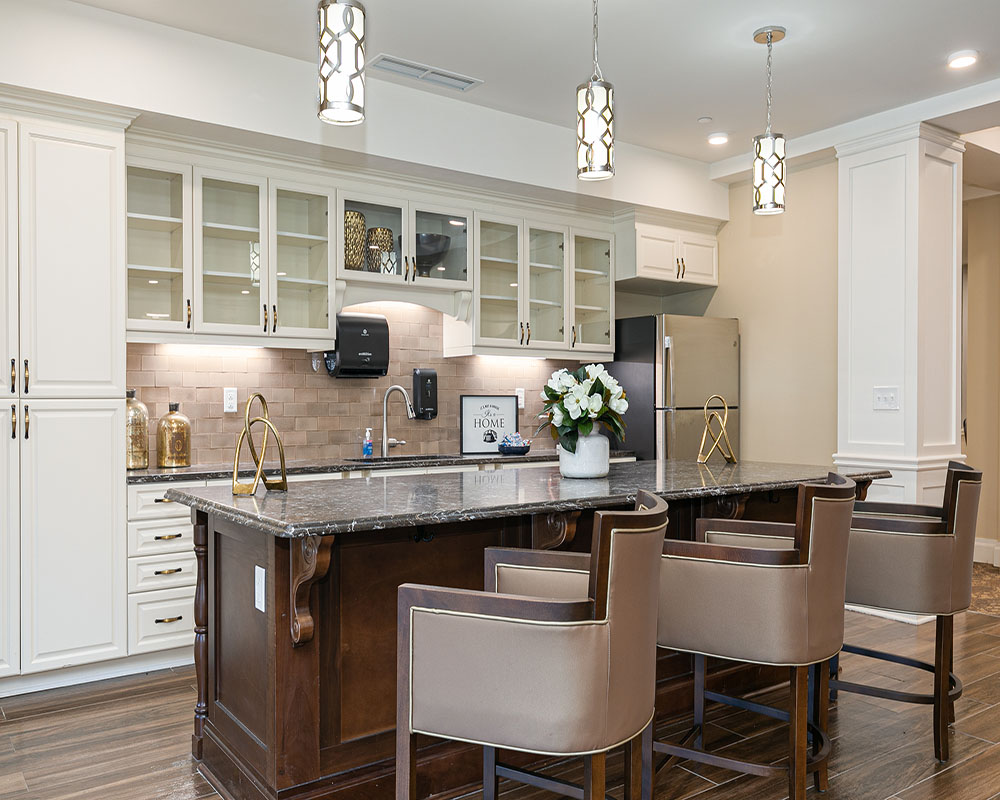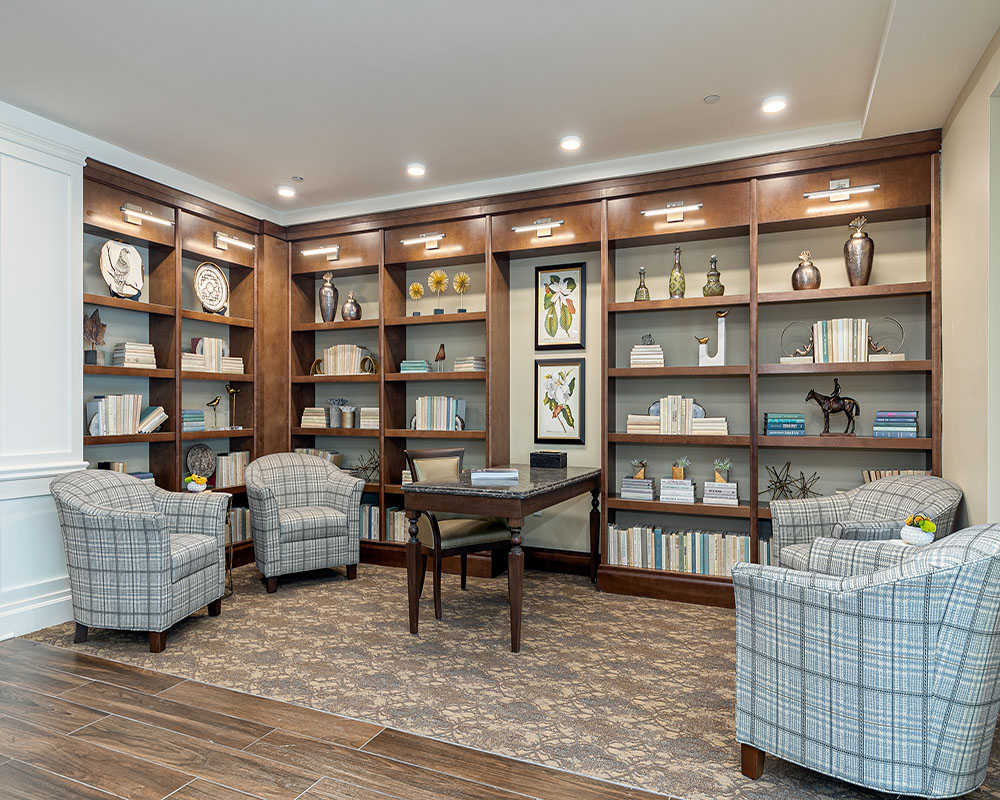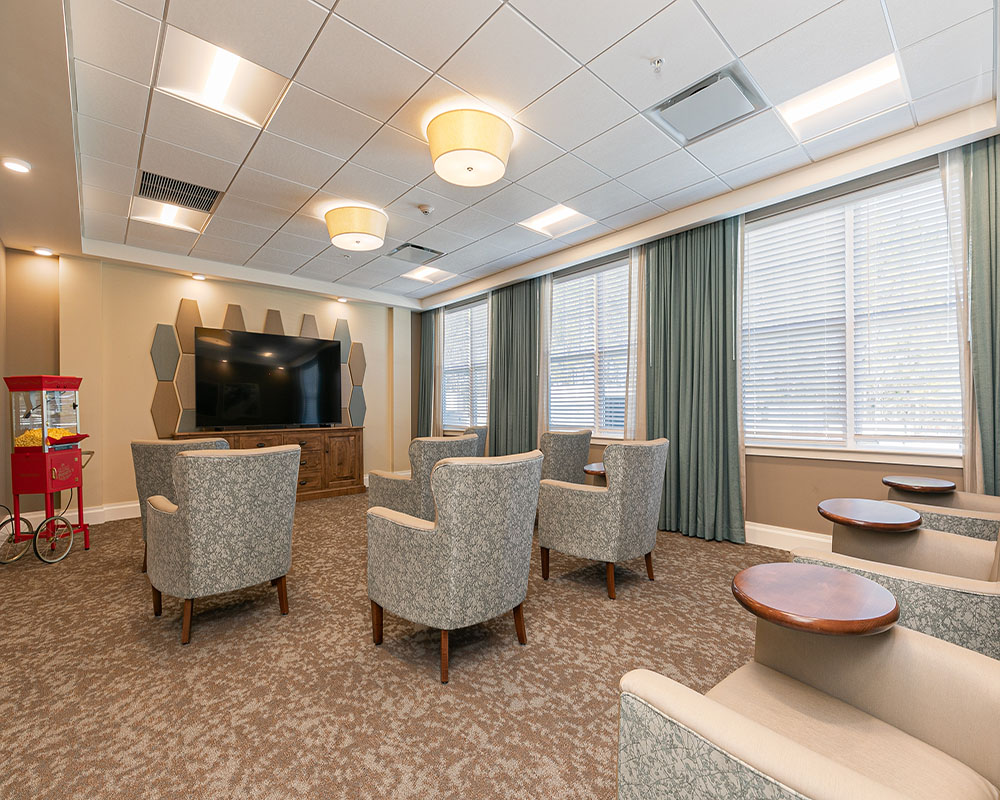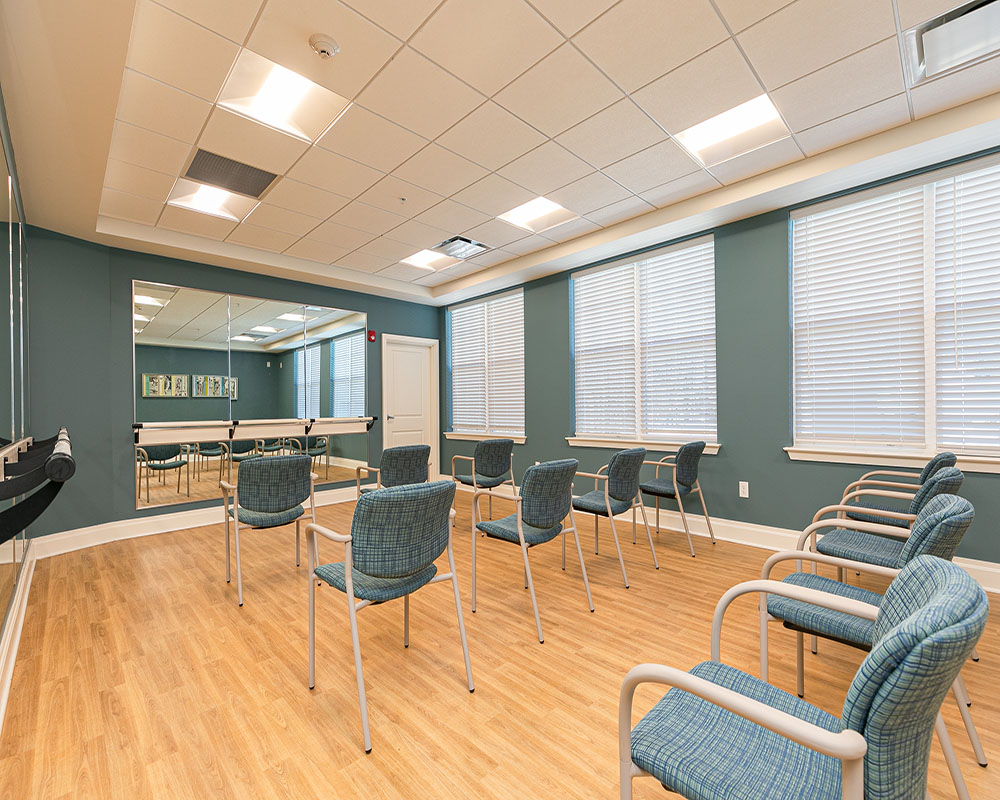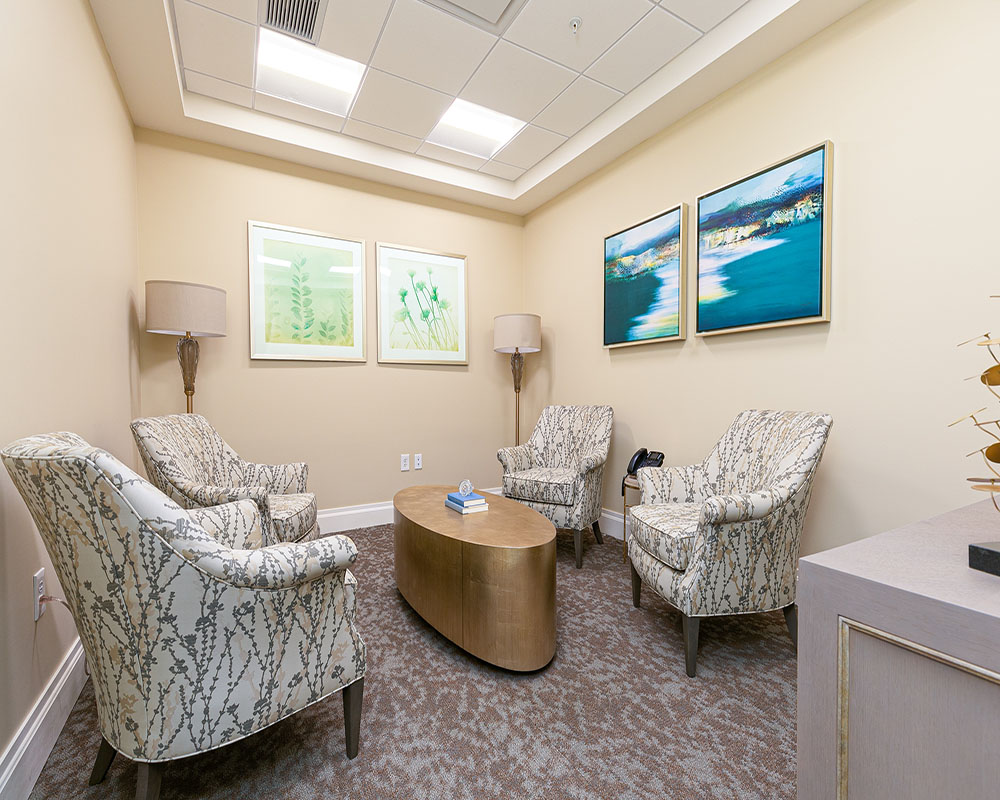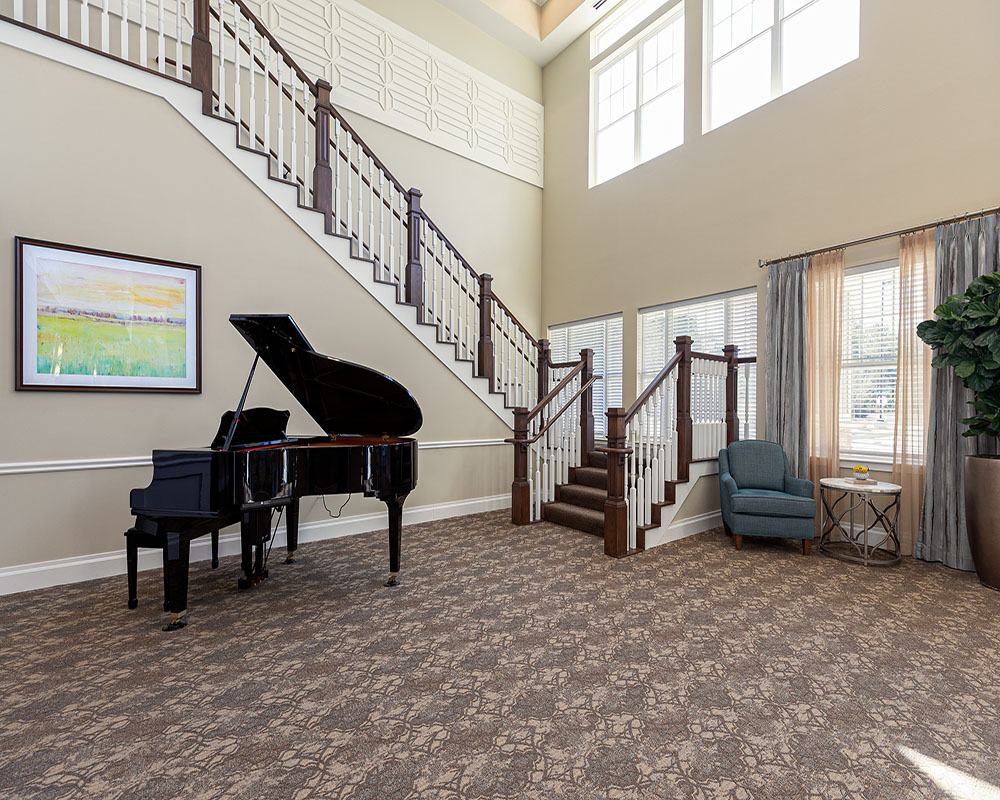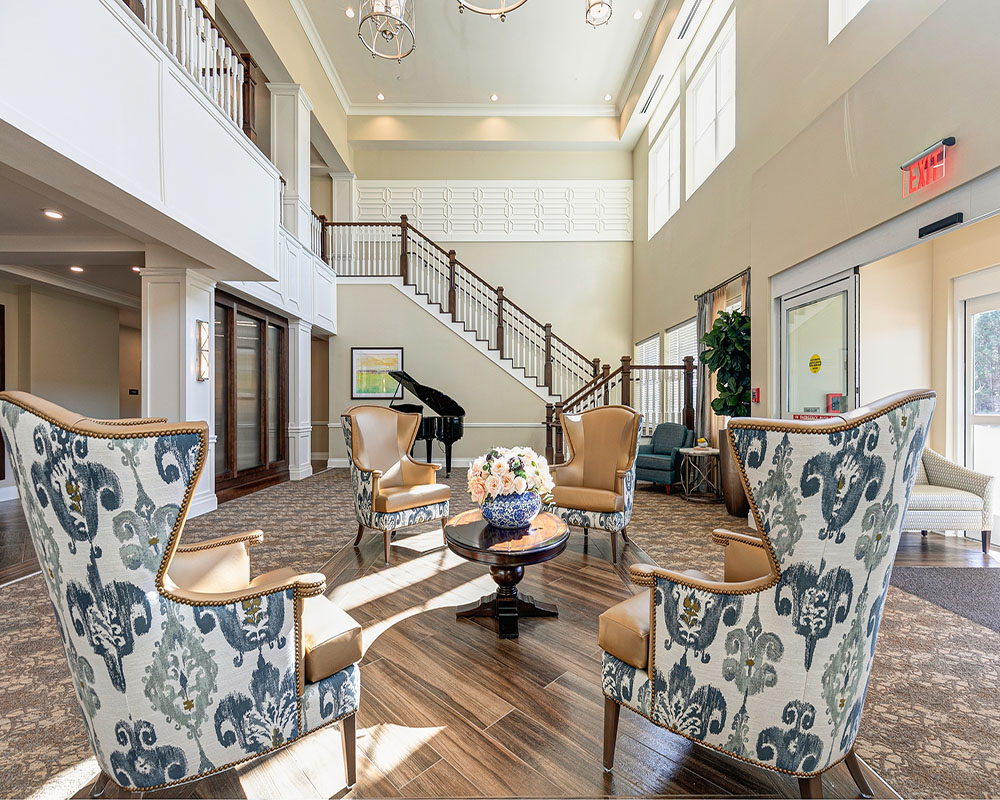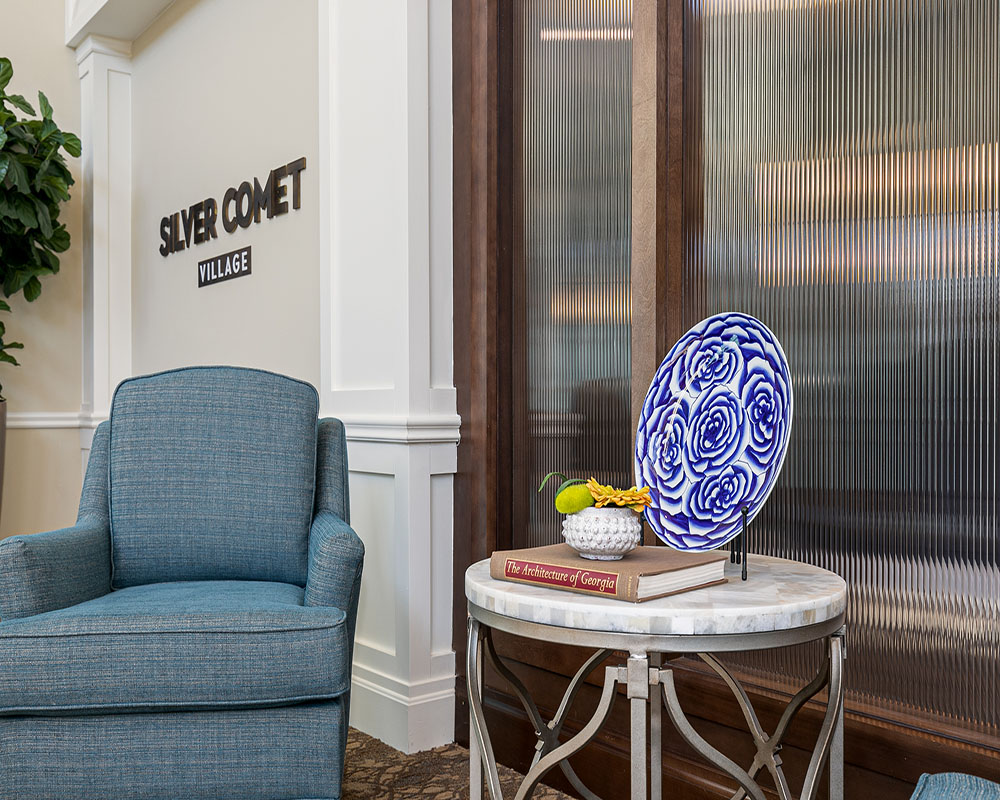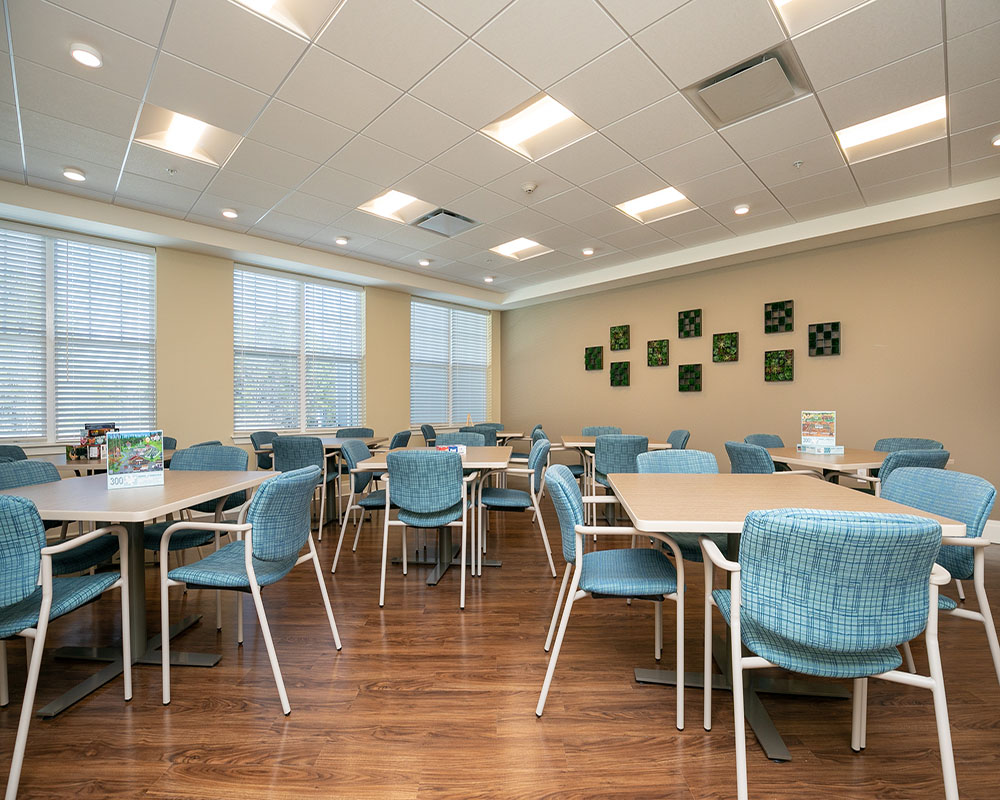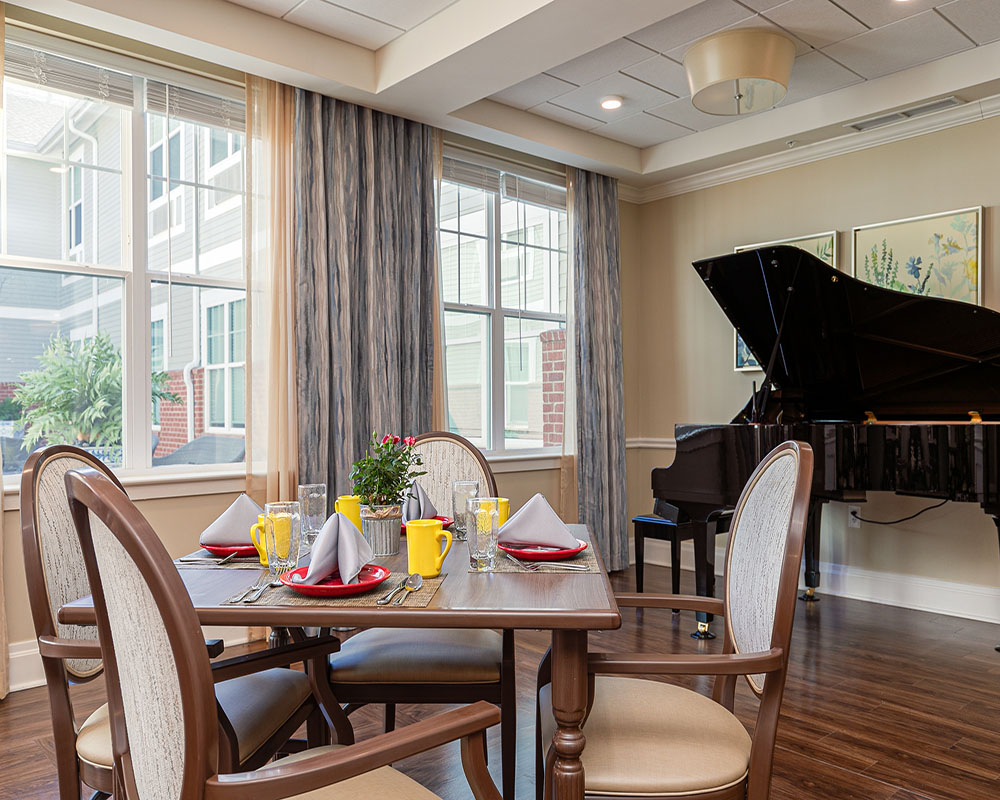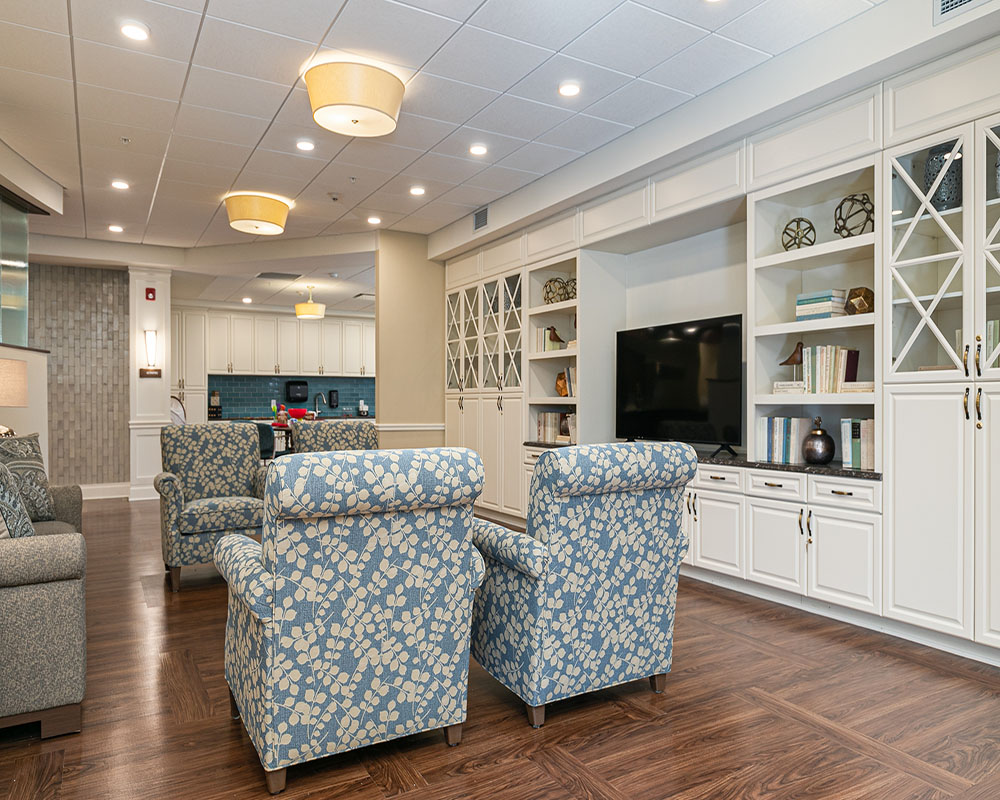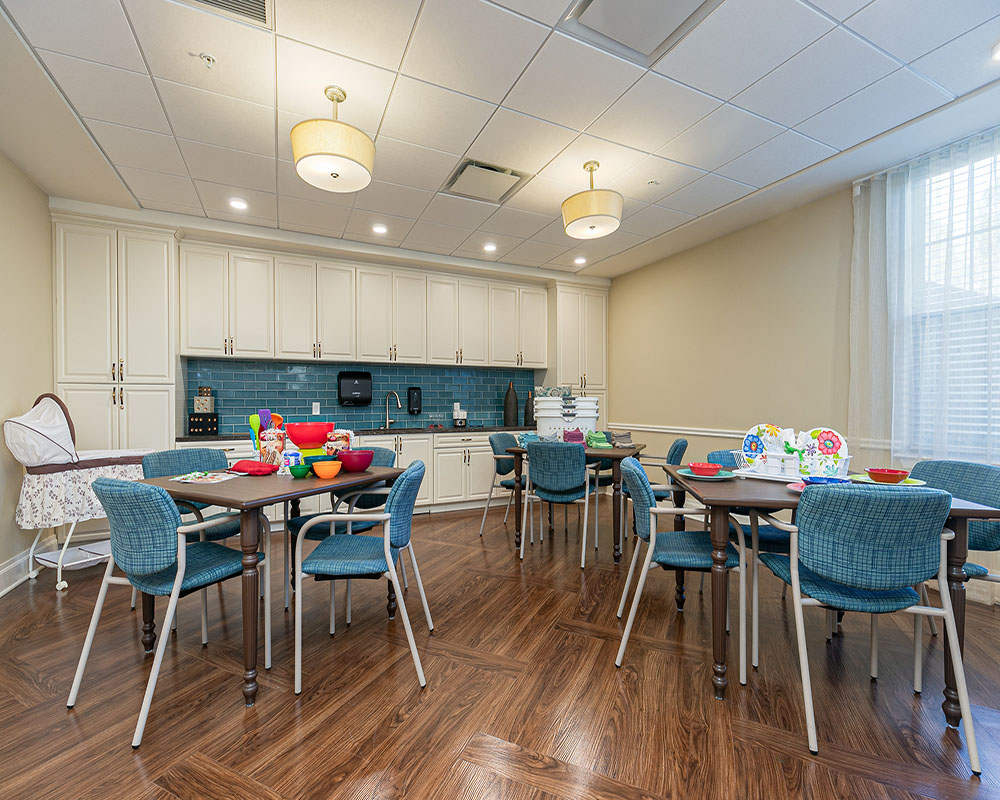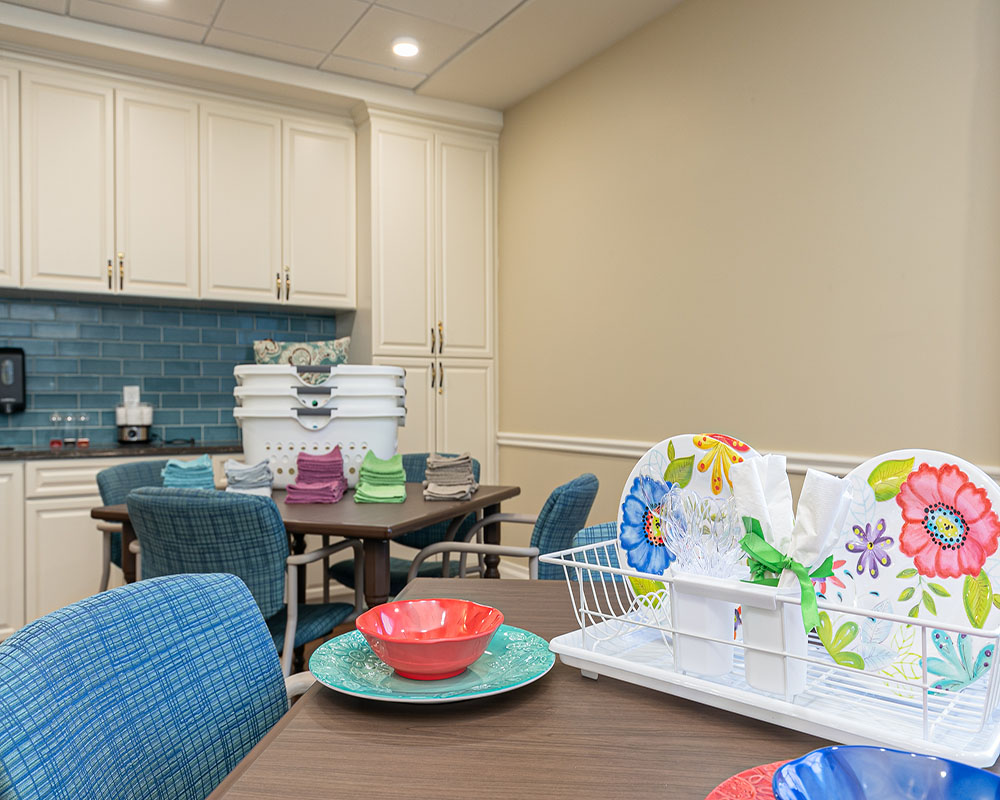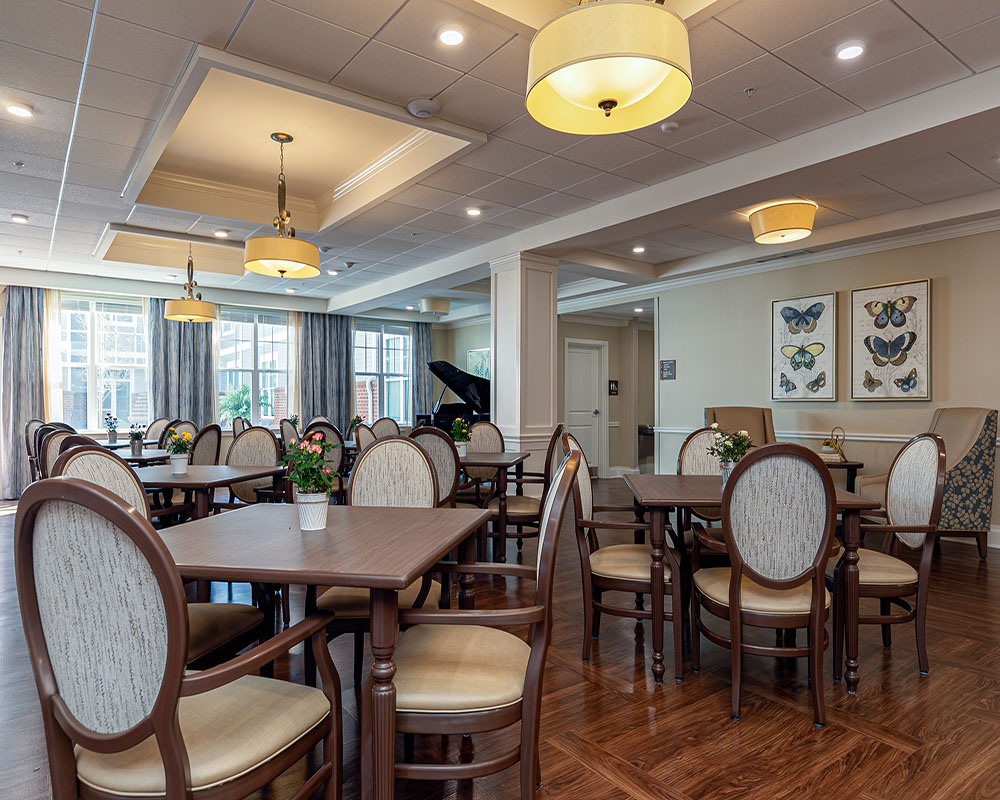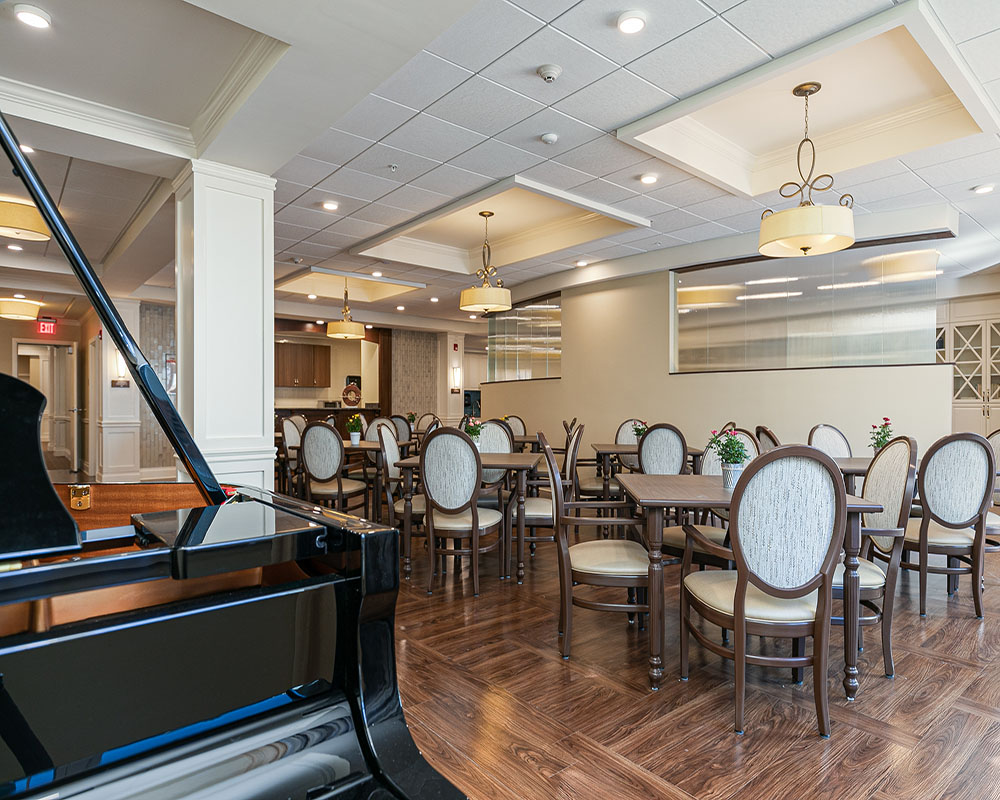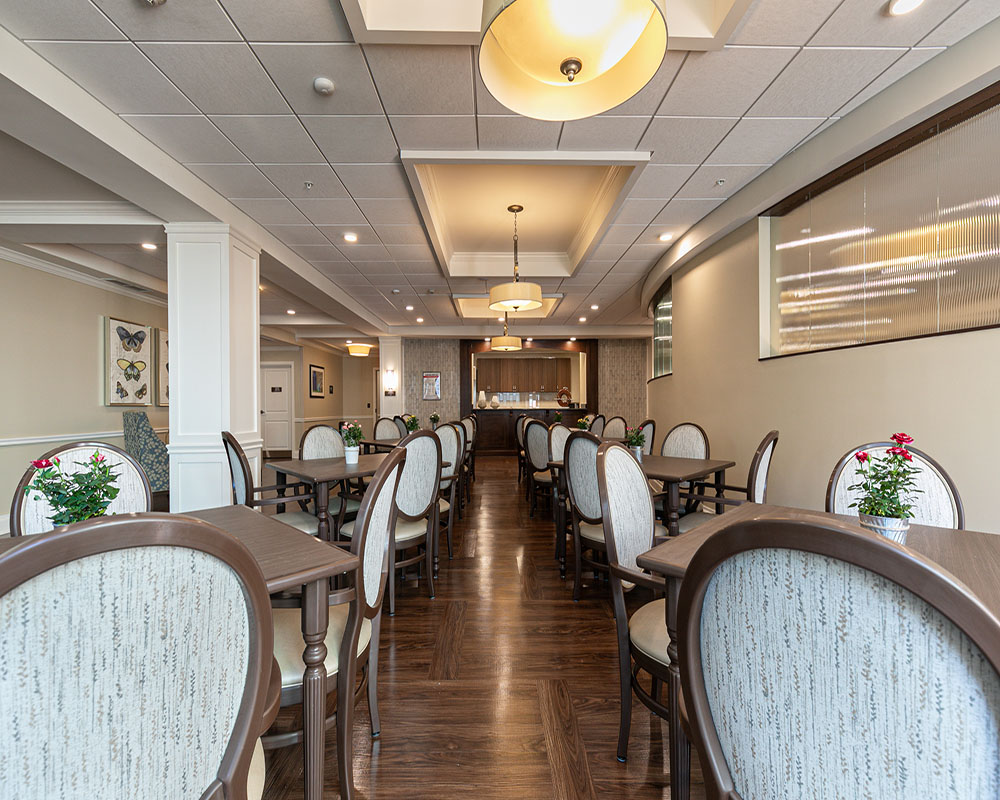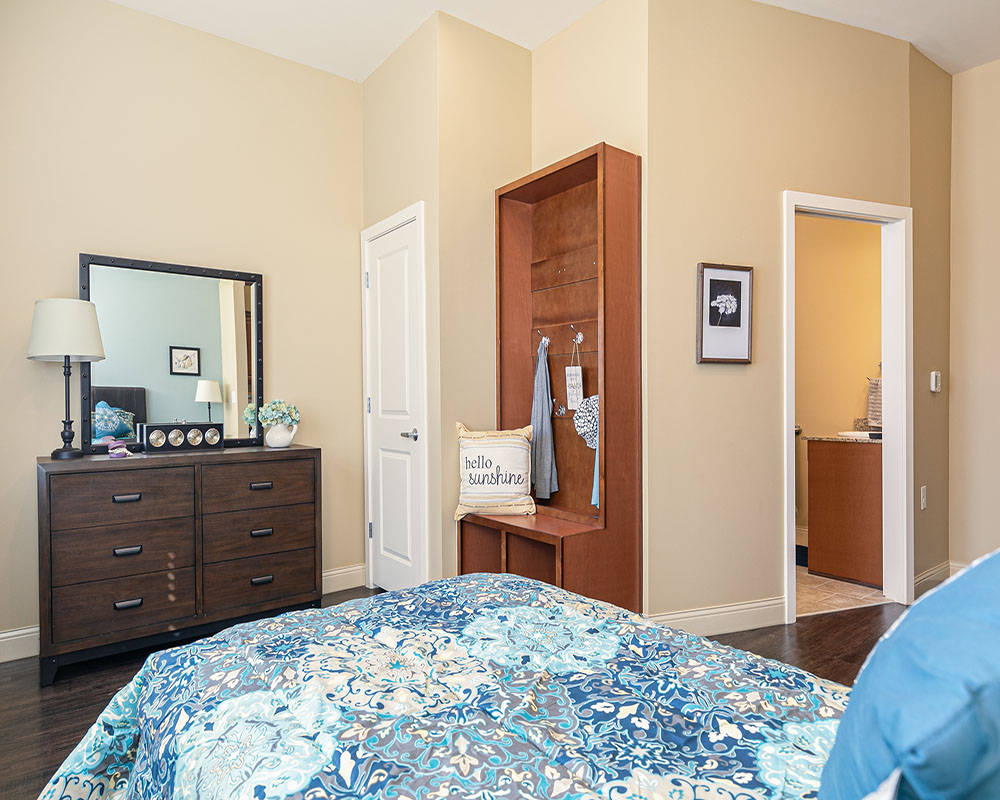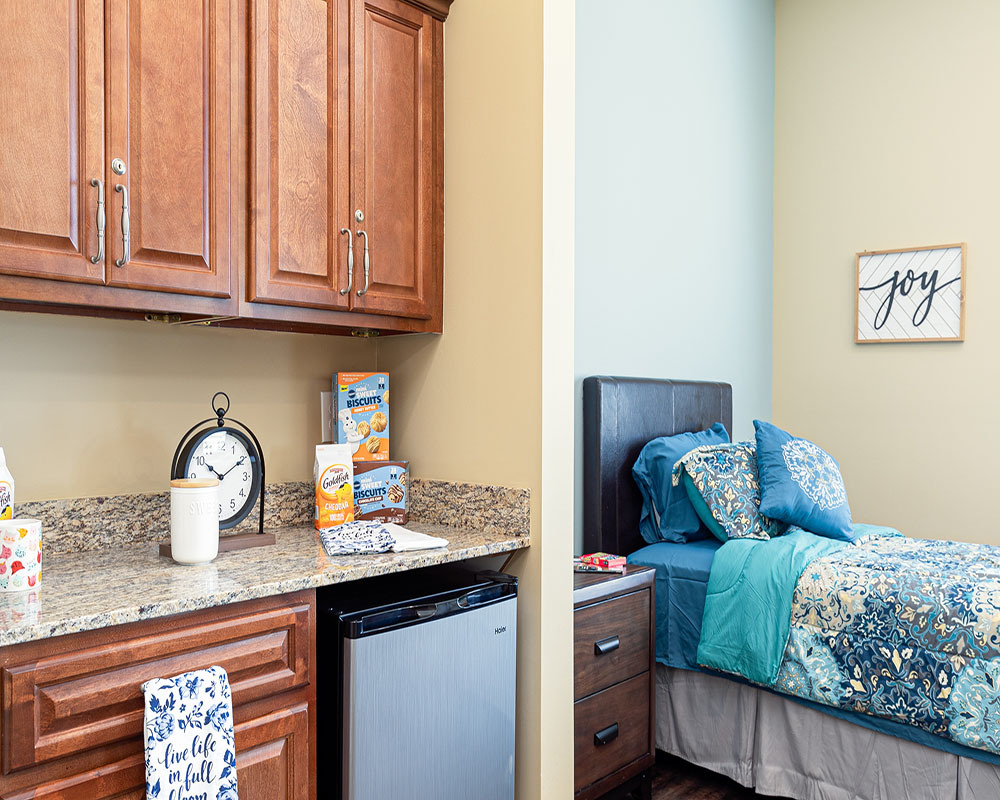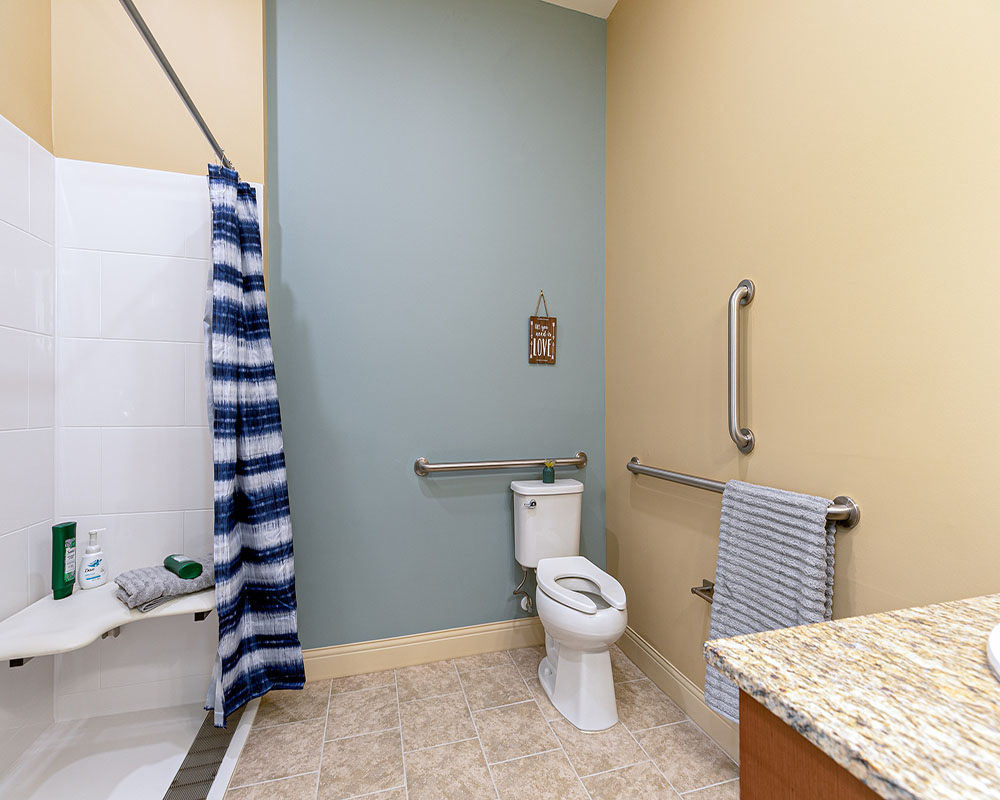As we age, our bodies become more sensitive to changes in temperature. Finding the right room temperature is all the more important for seniors.
While there’s no magic number that works for everyone, there are a few guidelines to follow when setting the ideal room temperature for seniors.
Depending on the season, maintaining a temperature of 68 to 78 degrees Fahrenheit can keep your loved one healthy and their living space a pleasant place to spend their time.
Although seniors’ bodies have their own way of self-regulating, there is still a need to pay attention to their living environment—especially with the drastic temperature changes in different seasons.
why does room temperature matter for seniors?
The ideal room temperature for seniors will differ from that for younger people. As people age, their blood vessels can’t circulate blood as effectively, making seniors less able to regulate their body temperature, making them feel colder even in mild temperatures.
cold weather vs. hot weather
Certain chronic conditions that plague seniors may also affect the body’s ability to regulate heat, including:
- Thyroid problems
- Diabetes
- Parkinson’s disease
- Arthritis
- Dementia or Alzheimer’s disease
Some medications can also make keeping your body warm in cold temperatures challenging. To combat this, experts recommend keeping the thermostat at around 68-78 degrees Fahrenheit in the winter. Any temperature below 65 degrees Fahrenheit can be dangerous for seniors and cause a decrease in muscle mass.
Avoid letting the temperature in your senior’s room get too high in the summer. Excessive heat can put seniors at risk of:
- Dehydration
- Heat exhaustion
- Sudden dizziness
- Heat edema
- Heat rash
- Heat stroke
If your loved one has a chronic condition like heart disease or lung disease, you may need to lower the thermostat to avoid exacerbating their symptoms.
indoor temperature & sleep

Maintaining the right temperature in your bedroom is essential for a good night’s sleep. Studies have shown that the ideal temperature for sleep is no higher than 67 degrees Fahrenheit. It can help your loved one fall asleep faster and stay asleep longer.
The natural production of melatonin (the sleep hormone) and cortisol (the stress hormone) changes over the years, and the thermal environment affects sleep and circadian rhythm, or your internal biological clock.
Too hot or cold temperatures can disrupt seniors’ sleep, making falling or staying asleep difficult. It’s important to keep the bedroom at a comfortable temperature so that they can get quality, restful sleep.
Additionally, using breathable bedding materials like cotton or linen can help regulate body temperature while you sleep.
how age affects temperature tolerance
Age affects everyone differently, but on average, seniors progressively lose their ability to regulate their body temperature. This means that seniors may stop sweating as much as they used to, leading to high body temperature or shivering more at a relatively mild temperature.
The average body temperature for adults is around 98.6 degrees Fahrenheit. However, research has found that the average body temperature for older adults falls outside the normal range.
Older adults may not be able to tolerate extreme temperatures as well as younger people, making them more susceptible to temperature-related health problems when exposed to extreme temperatures.
While keeping an eye on the thermostat is critical, some simple ways to help keep seniors comfortable when they’re too cold or too hot include:
- Using a fan
- Turning on the air conditioning
- Using blankets
- Dressing in layers
- Getting an air purifier
- Opening windows to let in fresh air
other factors to consider
Apart from natural aging, other factors play a role in room temperature regulation, such as:
- Chronic medical conditions
- Humidity levels and air quality
- Circulation problems
- Nutritional deficiencies
keep your loved one’s living space the perfect temperature
Indoor temperature plays a crucial role in helping seniors regulate their internal body temperature. Understanding the ideal room temperature for seniors is essential, depending on the season and their health conditions.
At Silver Comet Village, our caring staff monitors the indoor temperatures to make your senior comfortable. They are trained to detect signs of health problems related to temperature dysregulation. Schedule a visit to our community to learn about our different lifestyle options and explore our different floorplans to suit your loved one’s needs.
By keeping their environment comfortable, we can help the senior in your life stay safe and happy.

